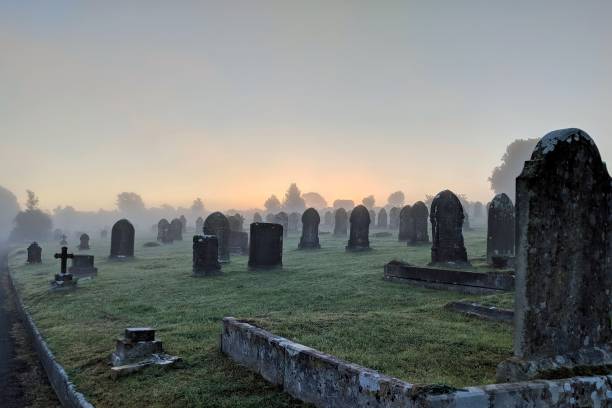
Every writer has a file (or a hundred) full of second, third or fiftieth drafts, tales that ran out of gas, amputated poems, stories with a title but no ending, postings never posted, assignments not completed, and great ideas suspended in outer space.
I was recently intrigued by the title of Julia Alvarez’s latest novel, The Cemetery of Untold Stories. What happens when a story isn’t told, when a narrative is hidden, or a chronicle never shared? Her protagonist had boxes and boxes of untold stories which she attempted to bury or burn.
It’s a cemetery for stories, the woman replies. Con su permiso, how does one bury a story? If a story is never told, where does it go?
Well, I personally know that they exist pretty much in broken down boxes in the upstairs closet and in the subterranean world of my laptop. The other evening, I found an entire cache of blogs I wrote but never posted, notebooks of poems scratched down in college and train stations, and cartons of paper-clipped short stories silently waiting for a someday that has yet to come. I hadn’t thought of it as a cemetery. But I stand convicted as charged. Is there still life in those words?
If a story is never told, where does it go?
Many writers get paralyzed by whether it really matters whether we write this story or that, a journal entry, blog posting, a song, an essay, poem, letter, memoir, or novel. But if we don’t write it or share it, where does it go?
One does not have to be a poet or author to tell one’s story. We all have stories, and so many languish untold. We are packed with stories, not just of incidents and adventures but personal chronicles of God’s faithfulness. The other day my cousin shared a story about a casual conversation that changed the course of her career. “I never knew that about you.”
How impoverished we would be if David had not written down his psalms, totally unaware that thousands and thousands of years later, we would still cherish and even memorize his heartfelt words. JRR Tolkien did not have an idea, character, or story, but a language he invented that no one else spoke or understood. But he took great joy in writing down his great trilogy of stories, treasured, read and reread now for seventy years.
If a story is never told, where does it go? If we bury those words as in The Cemetery of Untold Stories, if we hide in the ground the coins we have been given, it is more than just a shame. (Matthew 25. 25) Because no story is one dimensional, but multiplies exponentially in the lives of those with whom it has been shared, one generation after another.
What coins have we been given?
What if no one reads it anyway? But what if they do?
What if no one cares? But what if it changes someone’s life?
We can never know how our words impact others. The poet Malcolm Guite recently recounted an incident when someone was deeply touched by a poem of his. He chuckled, “The poem meant more than I did.”
Whether others read it or not, we can be faithful. Because even in the midst of writing it down, God changes us through it. Every time.
We sit. We write. The page is not really blank, but waiting. The late Irish poet Seamus Heaney once encouraged writers to “listen to the music of what happens.” And by writing it down, we make room for something new to abide in that space, without which we would be so much poorer, so unaware of the music of the spheres that we do not even know to listen for.
God is the master creator of stories. He started the world with the grandest story of them all: In the beginning….. He is the Word. He connects our lives in such a way that stories couldn’t help but be invented. We learn about the world. We learn about Him. We get a better grasp of who we are.
What really matters is responding to God’s nudges, not to be a famous or mediocre writer. But a faithful one.
And those are the stories that endure, not to be passed over, or die anonymously in a dusty forgotten sepulcher, but to bear even more fruit beyond our imagination. But not beyond His.
Whatever your hand finds to do,
do it with your might.
Ecclesiastes 9. 10


1 comment:
What a powerful encouragement, Karen! Thank you!
Post a Comment